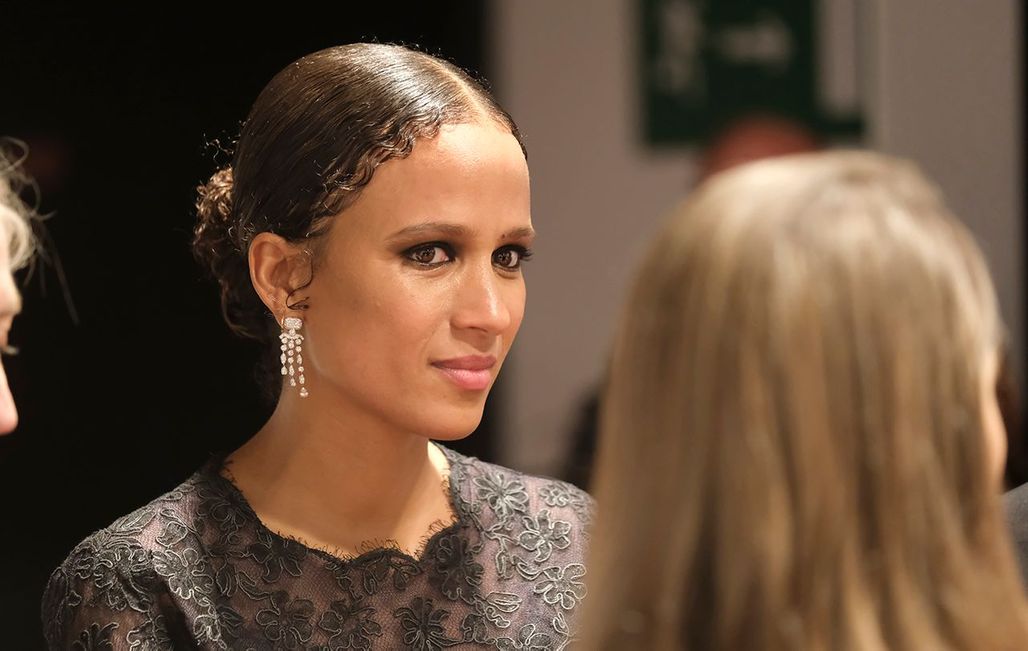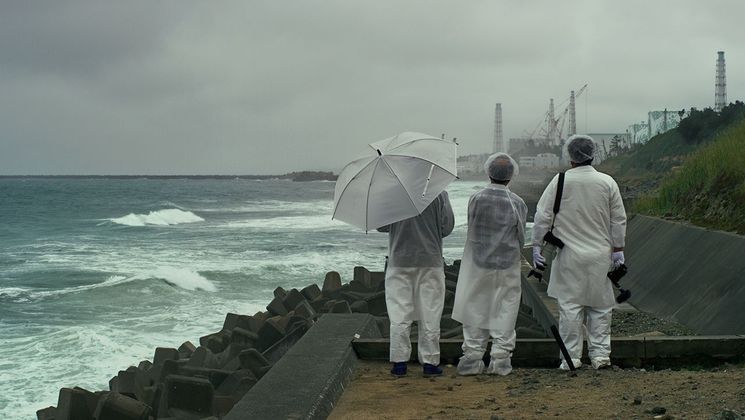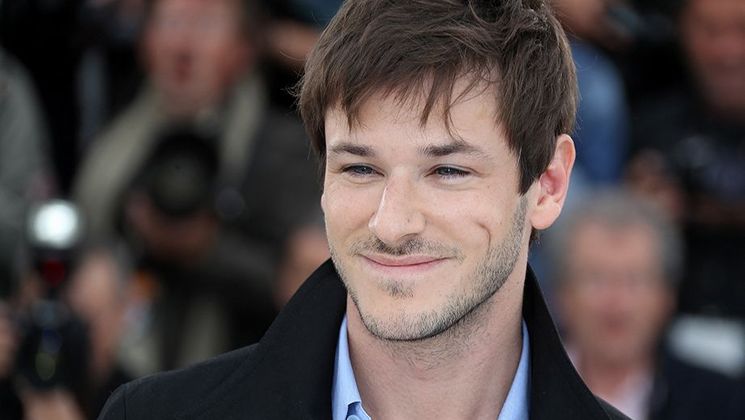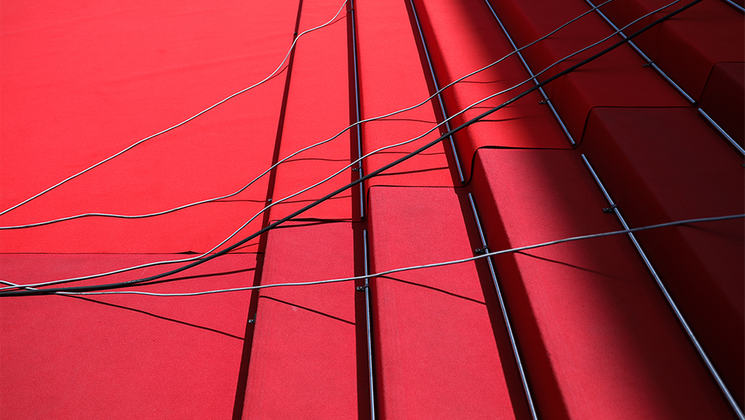
Interview with Mati Diop, member of the Feature Film Jury

Atlantics (Atlantique), her first feature film, earned her the Grand Prix in 2019. Jury member Mati Diop regards cinema with an exacting eye. Trained as a visual artist and explorer of media and genres, the director and actress shares her vision of cinema.
You received the Grand Prix in 2019 for Atlantics (Atlantique). What has this award changed in your life as a filmmaker?
Everything and nothing. Everything, because it was a huge turning point, a worldwide recognition. I have always been supported by various festivals, their critical recognition has built my path. In the cinematographic gesture that Atlantique represents, the ambition was to address the world from Dakar, with a story that I wanted to be universal. Cannes had a nuclear effect, it was a huge shock, I expected nothing.
And yet you say it didn't change anything
It put me in a position where I received many proposals, a position of strength, but that doesn't mean that I am not the same filmmaker. I ask myself the same questions about my medium, what I want to say and how. Even if it gives me more possibilities and credibility, it has not changed my questions and doubts about pure creation. And I want to preserve this vulnerability.
What happened in your mind between Atlantiques, the short, and Atlantique, the feature film?
The common thread is the question of territory. In 2009, it was already about a young man who confided in his two friends about a sea crossing to Spain. I was quite close to a few people caught in this situation. It echoed my relationship with Dakar and Europe. Ten years later, everything I couldn't express in the short film, I developed in fiction with an element of fantasy. The short film was recognised by the profession at festivals but that was not enough for me. I didn't want to address the film industry but the world.
A few days ago, the director Mark Cousins, who presented The Story of Film: a New Generation, told us how much he admires you and the importance of Senegalese filmmaking in the history of cinema as a whole. What does this inspire you?
I am deeply touched by his recognition. As for Senegalese cinema, it is always difficult for me to talk about it in general. I don't know everything, there are films that have marked me and others less so. The cinema that made me, of which I am one of the heirs, is that of Djibril Diop Mambéty. Not only because he is my uncle but because his cinema has marked me. I am more sensitive to his cinema than to that of Ousmane Sembène, whom I don’t know as well.
What is your relationship with African cinema?
I never wanted to feel obliged to watch all African films because I was half Senegalese. As a teenager, I was almost repelled by African cinema. Except for my uncle's films and the films of the Nigerian Moustapha Alassane, who made a film I love, Return of an Adventurer (Le Retour d'un aventurier). And some films by Abderrahmane Sissako, such as Waiting for Happiness (Heremakono) and The Court (Bamako), a masterpiece. The African cinema that touches me is the one that breaks away from certain traditions, from a sometimes moralistic relationship. I like Mambéty's films because they are subversive, uncompromising with the colonial question. I loved Journey of the Hyena (Touki Bouki), I was very interested in Black Girl (La Noire de...).
You often film at night, by neon light, moonlight or in near darkness. What is it about the night that lends itself to cinema?
As a spectator, there are moments at night that have been infectious for me. I am thinking of the nocturnal atmosphere in films by Claire Denis, Michael Mann, John Carpenter… Beyond the cinema, in Dakar, the night has always held a form of fascination for me. It is first and foremost about sound. Moreover, when I started making films there, I was more comfortable with the idea of shooting at night, I could see without being seen, there was something magnetic, a bit sacred. It was as if the city was transformed into something very cinematic. I almost have a feeling of love for this city at night.
How do you see cinema post-Covid?
I feel lucky to be able to taste beautiful things in life again. What I'm experiencing here, seeing three films a day with great, talented people, is a kind of paradise. But we didn't get out of that period. It has generated a deep social crisis and the consequences are showing up already. What's happening gives me the feeling that we've turned the century on its head. I feel it very strongly and it contaminates my way of thinking, on a daily basis, and my work, in the sense that all my projects echo what is happening now. It's about now that I want to talk about and it shakes up my cinema.


